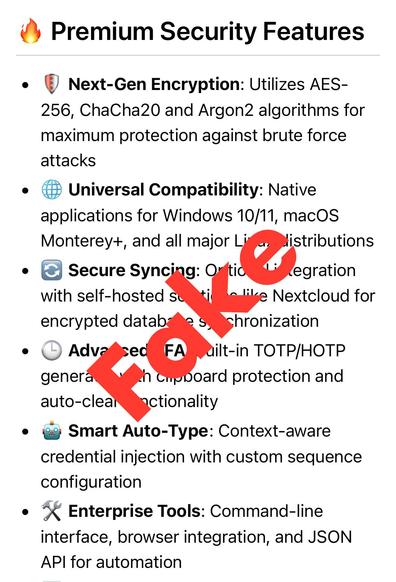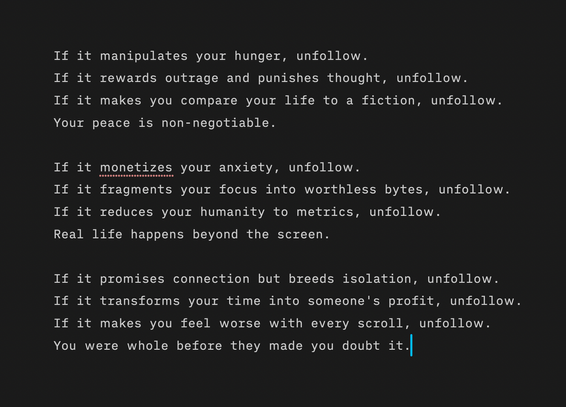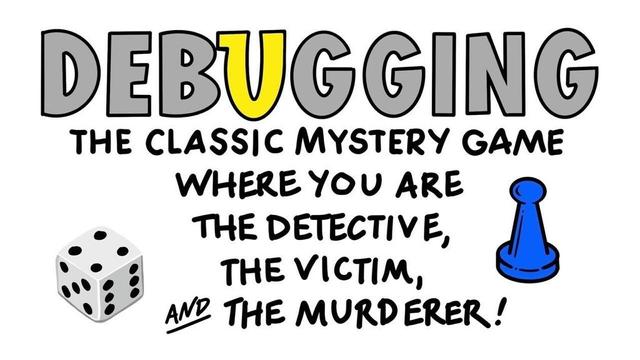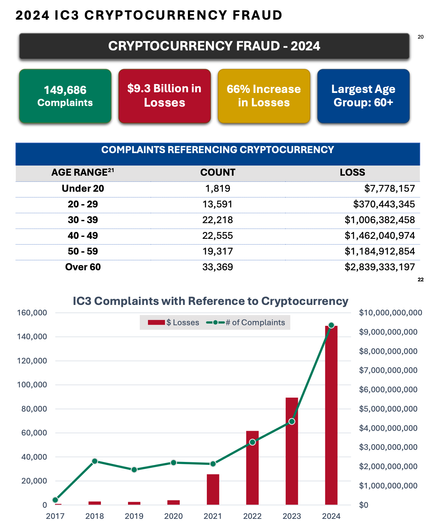Solar punk, but it’s the timeline where XMPP triumphed and we never got walled gardens or evil social media companies for chat apps
Occasional musings of an everyday ordinary regular geek.
In case you needed a playbook for responding to would-be dictators. From the NYT:
"The funny thing is that there’s a playbook for overturning autocrats. It was written here in America, by a rumpled political scientist I knew named Gene Sharp. While little known in the United States before his death in 2018, he was celebrated abroad, and his tool kit was used by activists in Eastern Europe, in the Middle East and across Asia. His books, emphasizing nonviolent protests that become contagious, have been translated into at least 34 languages."
“I would rather have this book than the nuclear bomb,” a former Lithuanian defense minister once said of Sharp’s writing."
"A soft-spoken scholar working from his Boston apartment, Sharp recommended 198 actions that were often performative, ranging from hunger strikes to sex boycotts to mock funerals."
“Dictators are never as strong as they tell you they are,” he once said, “and people are never as weak as they think they are.”
"The Democrats’ message last year revolved in part around earnest appeals to democratic values, but one of the lessons from anti-authoritarian movements around the world is that such abstract arguments aren’t terribly effective. Rather, three other approaches, drawing on Sharp’s work, seem to work better."
"The first is mockery and humor — preferably salacious."
"Wang Dan, a leader of China’s 1989 Tiananmen Square democracy demonstrations, told me that in China, puns often “resonate more than solemn political slogans.”
"The Chinese internet for a time delighted in grass-mud horses — which may puzzle future zoologists exploring Chinese archives, for there is no such animal. It’s all a bawdy joke: In Chinese, “grass-mud horse” sounds very much like a curse, one so vulgar it would make your screen blush. But on its face it is an innocent homonym about an animal and thus is used to mock China’s censors."
"Shops in China peddled dolls of grass-mud horses (resembling alpacas), and a faux nature documentary described their habits. One Chinese song recounted the epic conflict between grass-mud horses and river crabs — because “river crab” is a play on the Chinese term for censorship. It optimistically declared the horses triumphant."
http://nytimes.com/2025/05/21/opinion/authoritarianism-democracy-protest.html
🚨 *Attention!* We were made aware of a fake “KeePassXC Password Manager Pro” repository on GitHub that links to unverified external binary downloads.
- There is NO Pro version of KeePassXC!
- You get all the “Pro” features with the regular version.
Please download KeePassXC only from trusted distribution channels linked on https://keepassxc.org/ !
First day of my #onlyfeet fundraiser campaign for infosec.exchange. Donate to see more or donate to never see them again.
Thanks for nothing.
I like that's some of you are questioning the video. It's a good thing to do for a novel attack vector. Hopefully some of you are also testing this yourself. I felt the instructions could be more robust. If you are using an LLM, maybe this is something you should try to prevent. Just happy this is causing conversation.
Apparently someone added instructions for LLM scapers to send info about their SSH info and email details and it finally paid off.
#llmhacking #gottem
“You must return to the office so you can better collaborate on ways you can be replaced with AI”
No, I do not want to install your app.
No, I do not want that app to run on startup.
No, I do not want that app shortcut on my desktop.
No, I do not want to subscribe to your newsletter.
No, I do not want your site to send me notifications.
No, I do not want to tell you about my recent experience.
No, I do not want to sign up for an account.
No, I do not want to sign up using a different service and let the two of you know about each other.
No, I do not want to sign in for a more personalized experience.
No, I do not want to allow you to read my contacts.
No, I do not want you to scan my content.
No, I do not want you to track me.
No, I do not want to click "Later" or "Not now" when what I mean is NO.
#askfedi : Why are so many short videos (TikTok or IG reels) on so many topics recorded in people's cars? Is there some sort of reason?
@nixCraft Now we're asking the right questions.
😆
Anubis is designed to protect websites from AI scraper bots, Anubis primarily focuses on parameters like the user agent sent with the request and looks for oddities in the connection. “Known good” and harmless clients are always accepted, and “Known bad” clients are always denied. Now the same tool is used to get protection from a DDoS attack: https://fabulous.systems/posts/2025/05/anubis-saved-our-websites-from-a-ddos-attack/
The FTC is requesting comments from social media users about online censorship. To ensure that this does not become a mechanism to justify greater governmental control over online speech, Don't Delete Art has provided a boilerplate text for you to include whole into the FTC comment page, or to add in part to your own response. www.dontdelete.art/ftc-response
If it manipulates your hunger, unfollow.
If it rewards outrage and punishes thought, unfollow.
If it makes you compare your life to a fiction, unfollow.
Your peace is non-negotiable.
It would seem bad actors are becoming more bold and casting a wider net. I'm also noticing junk message detection is missing more.
In this example:
1. The subject includes a URL for the UK on something for the USA and for a company I have no business with.
2. The message body doesn't use my real name
3. Link is suspicious. S3 Amazon links are not normal when from a legitimate company.
4. Effort to scare recipient into action before thinking.
FBI: Americans aged 60 and older reported losing almost $3 billion to crypto fraud last year. In total, Americans reported being scammed out of around $9.3 billion via crypto, out of a total $16.6 billion in total reported Internet crime losses that year.









